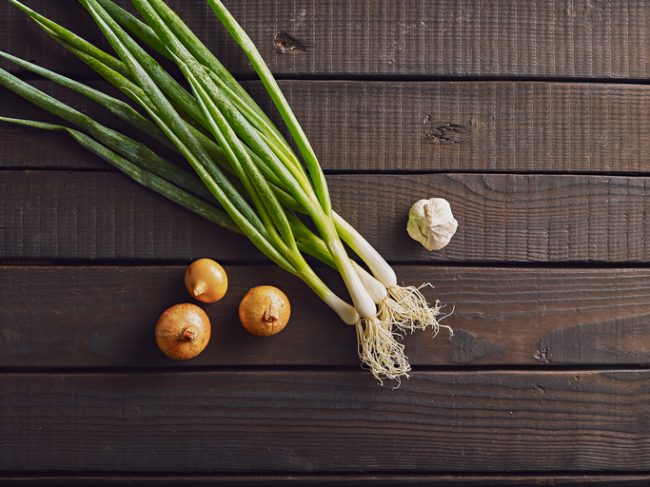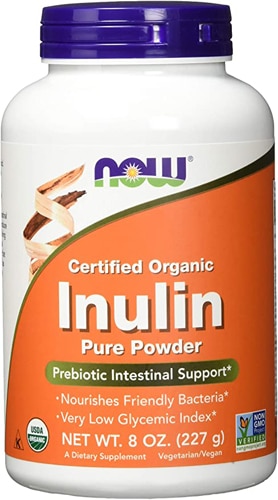By now, most of you have heard of probiotics, the beneficial bacteria that live in your gut and help support digestion and other functions. But what are prebiotics? To put it simply, prebiotics are food for the probiotics to eat. Although they get less attention, these indigestible fibers are just as important. Prebiotics nourish the the aforementioned beneficial bacteria to support your gut barrier and improve nutrient absorption.

Benefits of prebiotics
Just like probiotics, prebiotics are significant because they support your microbiome, helping it operate at optimal health and wellness. If you're already taking a probiotics supplement, it's important to supplement with prebiotics as well. While probiotics restore friendly bacterica, prebiotics sustain these beneficial bugs to create a balanced and happy microbiome.
Prebiotic foods
Prebiotics are found in certain types of soluble fiber, including oligofructose, FOS (fructo-oligosaccharides) and inulin. Prebiotics serve as food for the "good" bacteria in your body. Although your body cannot break down these soluble fibers, the flora in your gut are able to ferment and utilize them for energy. Already loaded with vitamins and minerals, plant-based foods are a great source of the prebiotics your gut needs. Some of the best prebiotic-rich foods include:
- Oats
- Barley
- Beans
- Garlic
- Onions
- Asparagus
- Leeks
- Jerusalem artichokes
- Apples
- Bananas
- Carrots
- Jicama
- Dandelion greens
- Avocados
In addition, FOS is often added to probiotic foods and supplements to support the growth of these friendly organisms once you consume them.
Prebiotic supplements
Although prebiotic fiber can be found in many plant-based foods, you can also supplement with a high-quality prebiotic drink mix powder. Another great option if you're not getting enough from whole foods—especially if you're typically on the go—is to take a complete prebiotic and probiotic supplement to help maintain balance.



